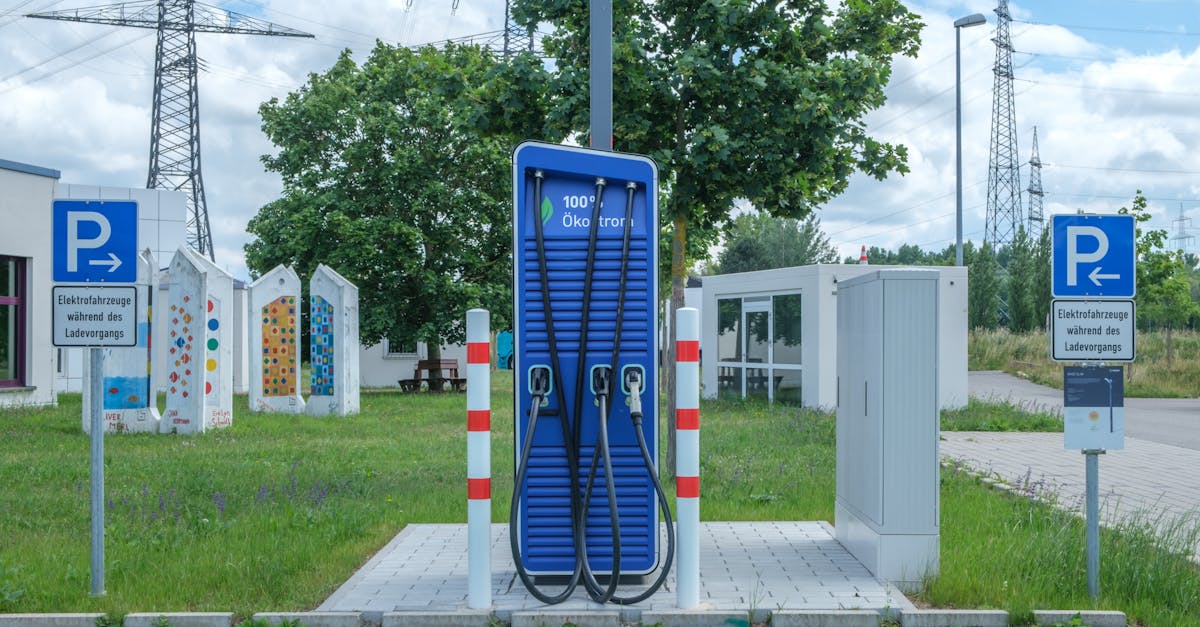The Rise of Electric Vehicles the Future of Cars
Introduction
In recent years, the rise of electric vehicles (EVs) has revolutionized the automotive industry. As the world shifts towards more sustainable tech, electric cars are becoming a central focus in the future of transportation. The development of green tech is not only beneficial for the environment but also paves the way for innovative automotive technology.
Advertisement
The Evolution of the EV Market
The electric vehicle market has transformed from a niche sector to a global powerhouse. Thanks to technological advancements, EVs have become more accessible and affordable. Manufacturers like Tesla, Nissan, and Chevy are continually innovating, making electric cars a viable option for everyday consumers. By adapting to market demands, the EV market is set to grow exponentially over the next decade.
Advertisement
Tech Advancements Fueling Growth
Breakthroughs in battery technology have been pivotal in the growth of electric vehicles. Enhanced energy storage solutions have increased the range and safety of EVs, reducing 'range anxiety' among consumers. Moreover, rapid charging advancements ensure that electric vehicles remain an attractive option compared to traditional combustion-engine cars.
Advertisement
Environmental Benefits and Green Tech
Switching to electric cars offers significant environmental advantages. Unlike traditional vehicles, EVs produce zero emissions, thereby reducing air pollution and combating climate change. These sustainable tech solutions are central to achieving global environmental targets and ensuring a cleaner future for upcoming generations.

Advertisement
The Future of Cars and Urban Mobility
As cities become increasingly crowded, electric vehicles offer a pathway to improved urban mobility. With the advent of autonomous driving technology, EVs are slated to revolutionize public transport, ride-sharing, and individual commuting. Electric buses and taxis herald a new era of eco-friendly public transportation infrastructure.

Advertisement
The Role of Government Policies
Supportive government policies have been instrumental in accelerating the adoption of electric vehicles. Incentives like tax rebates, grants, and subsidies reduce the financial burden on consumers. Additionally, investments in public EV charging infrastructure aim to ease the transition to electric vehicles on a broader scale.

Advertisement
Challenges Facing the EV Industry
Despite remarkable progress, the EV industry still faces hurdles. High production costs, limited charging facilities, and market competition from traditional vehicles remain significant challenges. However, with continued research and strategic partnerships, the industry is poised to overcome these obstacles, ensuring a seamless shift towards electric mobility.
Advertisement
Spotlight on EV Trends
Emerging EV trends showcase an industry bursting with innovation. Companies are exploring solid-state batteries, increased vehicle lifespan, and advanced connectivity. Subscription-based models and personalized driving experiences are set to dominate the market, making tech in transportation more consumer-friendly and forward-thinking.
Advertisement
The Global Shift towards Electric Vehicles
Countries worldwide are mandating policies to phase out fossil fuel vehicles by mid-century. Global leaders are recognizing the potential of electric vehicles in shaping a sustainable future. This shift isn't merely a trend; it's a commitment to a healthier planet, highlighting the importance of moving towards electric cars.

Advertisement
Conclusion
In conclusion, electric vehicles represent the future of transportation, entwining technological innovation with environmental responsibility. As the EV market continues to grow, the automotive industry must adapt to evolving consumer expectations. The journey towards embracing electric cars is not just about transportation; it's about pioneering a sustainable future for generations to come.

Advertisement
